December 7, 2021:
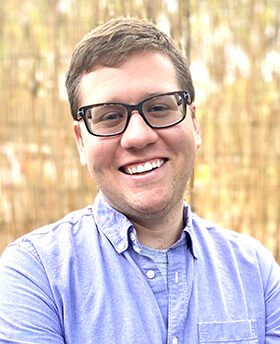 This month, the Big Ten Cancer Research Consortium highlights UW Carbone Cancer Center and Jeremy Kratz, MD, a medical oncologist and researcher at the cancer center. Dr. Kratz is a member of the Big Ten CRC’s Gastrointestinal Clinical Trial Working Group.
This month, the Big Ten Cancer Research Consortium highlights UW Carbone Cancer Center and Jeremy Kratz, MD, a medical oncologist and researcher at the cancer center. Dr. Kratz is a member of the Big Ten CRC’s Gastrointestinal Clinical Trial Working Group.
For Dr. Kratz, pushing cancer care and research forward is much more than an academic pursuit. It’s personal. Read More
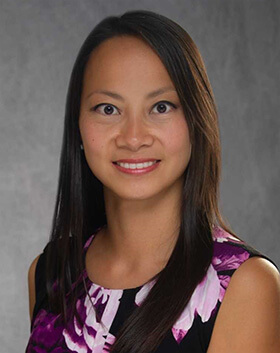 This month, the Big Ten Cancer Research Consortium features our member institution University of Iowa
This month, the Big Ten Cancer Research Consortium features our member institution University of Iowa 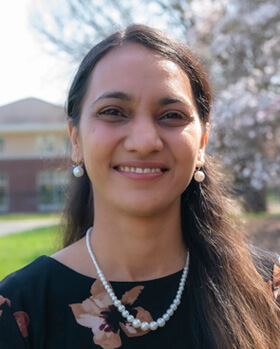 This month, the Big Ten Cancer Research Consortium features our member institution
This month, the Big Ten Cancer Research Consortium features our member institution 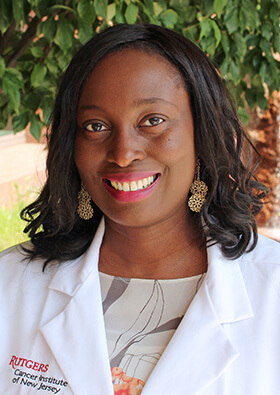
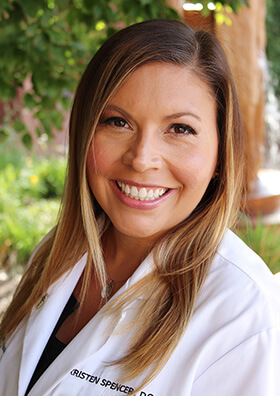
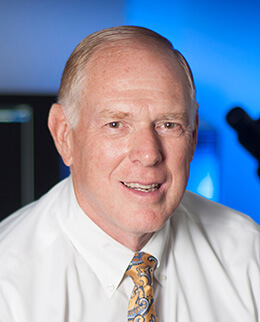
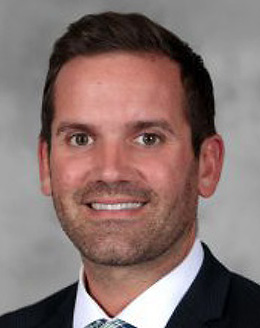 During the month of July, the Big Ten Cancer Research Consortium highlights the
During the month of July, the Big Ten Cancer Research Consortium highlights the 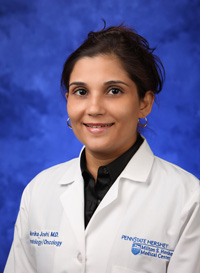
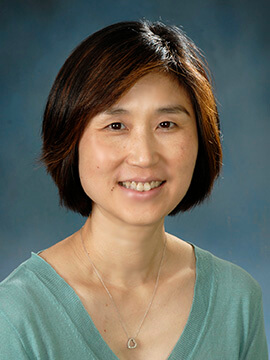
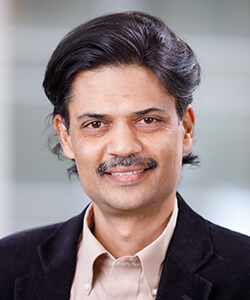














Subscribe to the Big Ten CRC Newsletter X
X Facebook
Facebook YouTube
YouTube